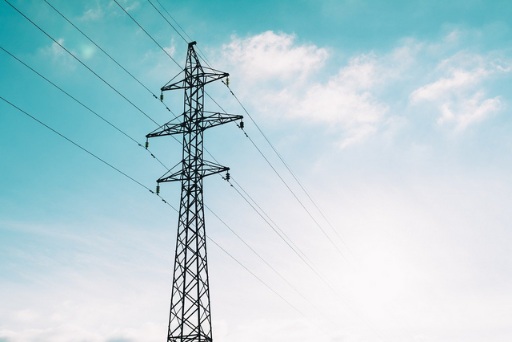
Azadeh Shahshahani, the Legal & Advocacy Director at Project South in Atlanta, Georgia, discusses how the pandemic is making more acute the need for a fundamental right to utilities…
With the continuing pandemic – and expiring housing and unemployment benefits across the country – millions of people may have their utilities cut off soon.
Meanwhile, at least 13 states currently have expired moratoriums on water shut-offs. Many notable COVID-19 hotspot states (Alabama, Florida, Georgia, Oklahoma) never implemented any moratorium on utility shut-offs. For those facing the greatest impacts of the virus – lower-income Americans, people of color, and mixed-status families with different immigration statuses – this lack of protection is devastating.
It should not have to be this way. Access to utilities should be considered a human right, with no exceptions.
But it’s not just about the lack of moratorium on utility shutoffs. Many cities and states are also continuing to actively push discriminatory policies that prevent people from accessing water, heat, and electricity.
Last month, human rights advocates reversed discriminatory policies in LaGrange, Georgia, which for years prevented Black and immigrant Latinx people from accessing utility services. Civil rights organizations filed the lawsuit against the city of LaGrange in May 2017, alleging that the city’s discriminatory utility policies violate the Fair Housing Act.
The city of LaGrange — which is the sole provider of electricity, gas, and water utility services for its residents — conditioned access on compliance with two policies. The first restricted access to essential utilities like water and electricity with burdensome identification requirements, which effectively excluded undocumented immigrants. The second policy required residents to pay any debts owed to the city — including unrelated fees like parking ticket fines — in order to access and maintain utility services. These policies, which denied access to water, light, and heat critical to habitable housing, are human rights violations that threaten the security, health, and equal treatment of residents.
As public health officials were urging people to stay at home, LaGrange continued to deny its residents access to needed utilities.
While we were ultimately able to reverse the discriminatory policy in LaGrange, other places across the U.S. South ranging from Auburn, Alabama to Rock Hill, South Carolina continue to deny access to utilities to their undocumented residents.
These policies are unconscionable.
Access to water and sanitation is essential to the security of a person, recognized as a human right since the adoption of the first international human rights document. Along with the rights to liberty and life, the security of a person has been recognized as the entry through which all other rights are realized. Houses without water and sanitation are uninhabitable and therefore threaten the security of their residents. Additionally, denial of access to utilities such as water is a violation of the right to health recognized inthe Universal Declaration of Human Rights: “[e]veryone has the right to a standard of living adequate for the health and well-being of himself and his family, including food, clothing, housing and medical care and necessary human services.” A number of human rights conventions (ICESCR, CERD, and CEDAW to name a few)recognize that the human right to health encompasses a right to basic sanitation, clean water supply, and electricity within a home. The American Declaration on the Rights and Duties of Man stipulates that the extent of the preservation of the right to health depends on the public and community resources available; in the context of a high-income country like the United States, this requires providing access to electricity and gas as well as water and sanitation.
Policies that require showing of certain identification like a Social Security Number (SSN) to access basic utilities are not only unlawful but they also effectively deny people the right to adequate housing.
Many families living in LaGrange who could not meet the identification requirements were forced to find a landlordwho provided utilities for them; this severely limited their housing options and made them vulnerable to exploitation. Discriminatory policies that push historically marginalized populations such as Latinx immigrants towards certain housing or deny them access to utilities violate their human rights as well as the Fair Housing Act.
Individuals cannot be denied their human rights based on their immigration status, race, or national origin. Depriving undocumented immigrants of the right to access utilities or adequate housing is forbidden under international human rights law as well as U.S. federal law.
In a pandemic that has already killed more than 300,000 people in this country, the last thing we should be doing is making it harder for people to get needed utilities.
The recent victory in LaGrange eliminated a policy that violated residents’ human rights by denying them access to basic and essential utilities. Now, all individuals in LaGrange will be able to set up utilities regardless of their immigration status and live without fear of them being shut off due to outstanding fines from traffic tickets.
On this International Migrants Day, we must commit to ensuring that human rights violations don’t continue to occur through similar policies that remain in place in cities across the U.S. South.
Article: https://www.jurist.org/commentary/2020/12/azadeh-shahshahani-utilities/